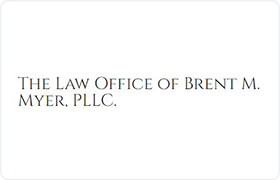Stuart Collection Lawyer, Florida
Sponsored Law Firm
-
 x
x

Click For More Info:
-
Law Office of Brent M. Myer, PLLC
27 SE Ocean Blvd Stuart, FL 34994» view mapBankruptcy & Debt Your Local Bankruptcy Attorney
Brent M. Myer has over 15 years of consumer bankruptcy experience and has represented both debtors and creditors in the past.
772-873-7794
Erika Ashley Powers
Family Law, Criminal, Collection, Personal Injury
Status: In Good Standing Licensed: 9 Years
Amy S F Shenstone
Criminal, Indians & Native Populations, Administrative Law, Collection
Status: In Good Standing Licensed: 12 Years
Karen P. Mentor, Esq
Family Law, Collection, Banking & Finance, Corporate
Status: In Good Standing Licensed: 21 Years
Aldo Beltrano
Corporate, Business Organization, Administrative Law, Collection
Status: In Good Standing Licensed: 29 Years
Kristina Bianca Moehle
Family Law, Securities, Credit & Debt, Collection
Status: In Good Standing Licensed: 9 Years
Ralph Fisch
Traffic, Divorce & Family Law, Criminal, Collection
Status: In Good Standing Licensed: 62 Years
Steven Moritz Weiss
Motor Vehicle, Class Action, Collection, Accident & Injury
Status: In Good Standing
Andrew Fulton
Bankruptcy & Debt, Collection, Foreclosure, Bankruptcy
Status: Retired Licensed: 65 Years
 Brent Myer Stuart, FL
Brent Myer Stuart, FL Practice AreasExpertise
Practice AreasExpertise
